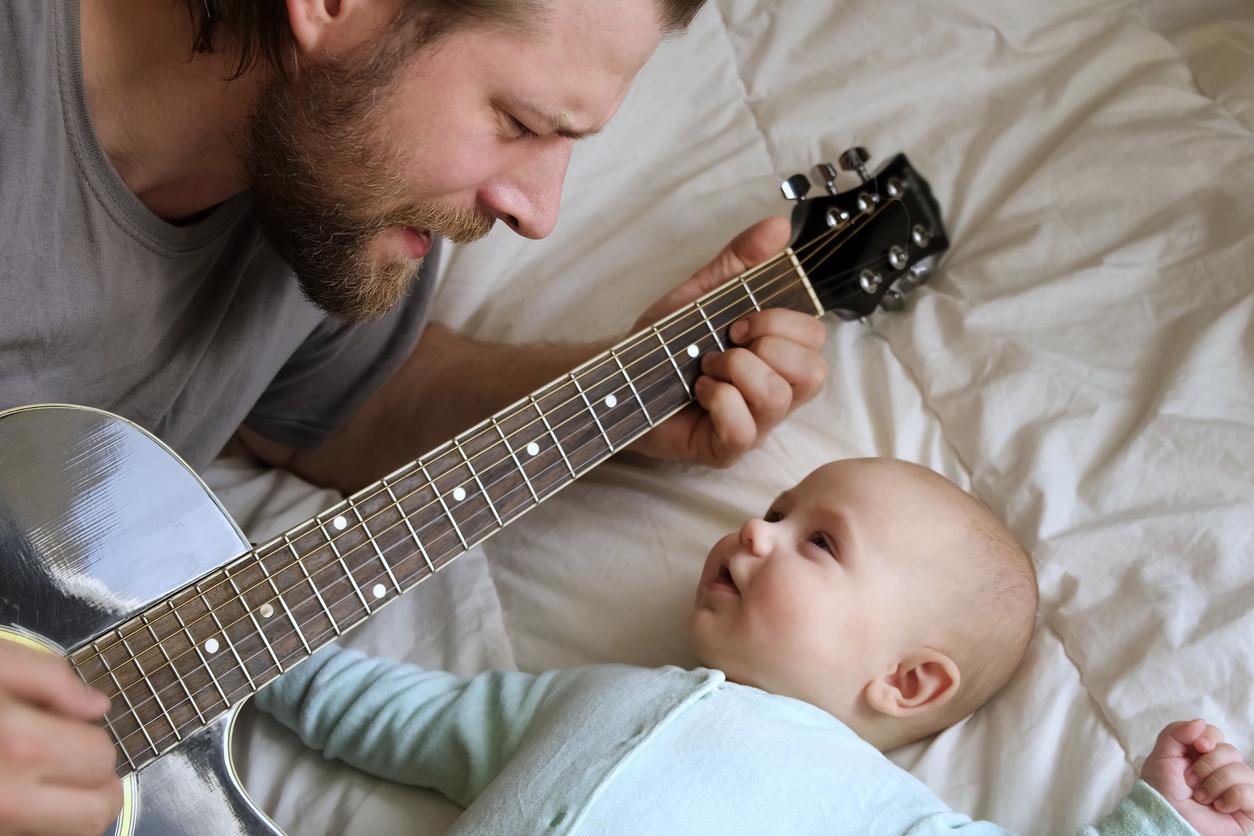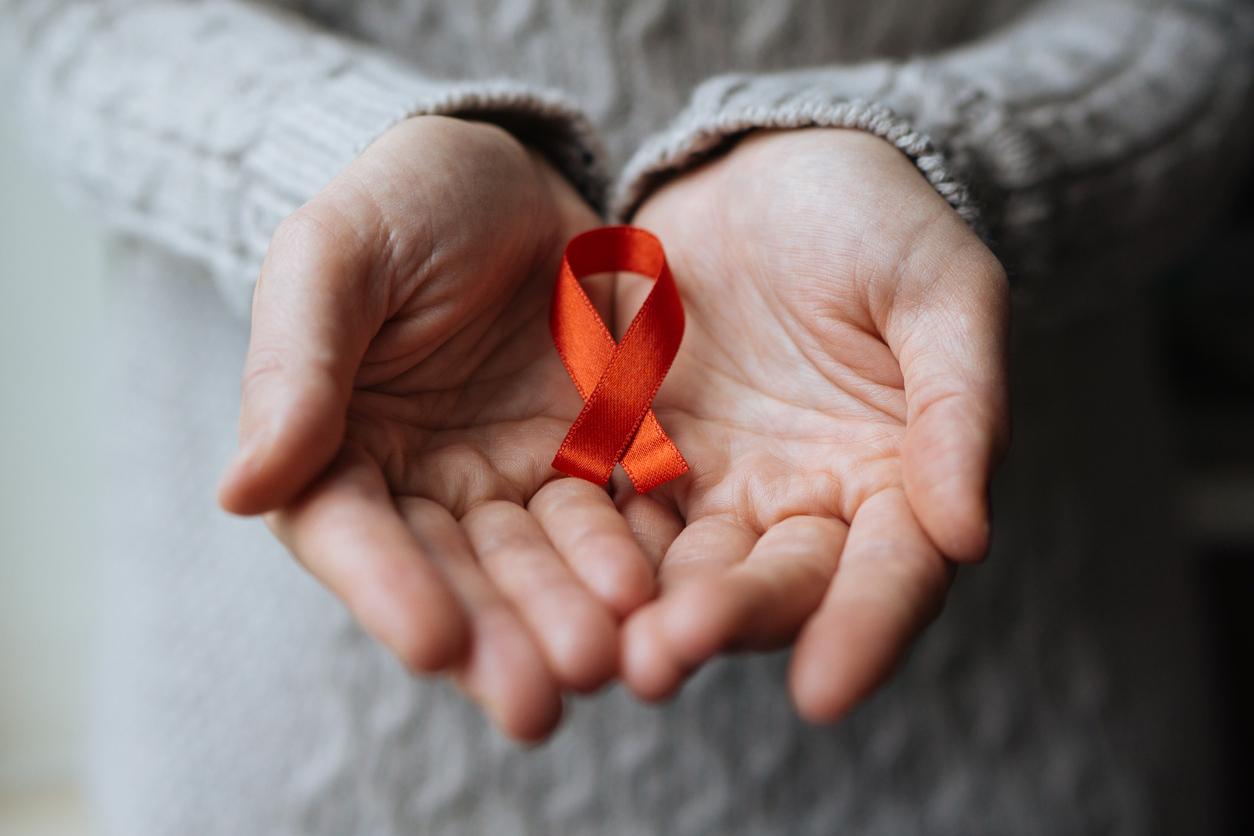January 17, 2000 – BAM (Biotech Action Montreal) is a group of citizens affiliated with the Public Interest Research Group (GRIP) of the University of Quebec in Montreal (UQÀM) and McGill University. Its mission is to make citizens aware of the multiple issues linked to GMOs in order to initiate an essential public debate.
The entire population is invited to a public information forum on GMO issues, with specialists and internationally known personalities, and to a peaceful march. These events will take place on Saturday, January 22, 2000, to denounce Canada’s position in the negotiations of the Biosafety Protocol (see below).
Here is the course of the day’s events:
10 a.m. to 12 p.m .: Conferences at UQÀM organized by the Council of Canadians and Greenpeace.
12 p.m. to 2 p.m .: Walk organized by BAM. Departure at noon from the corner of Berri and Sainte-Catherine streets, to the ICAO (International Civil Aviation Organization) building, UN building, 999 University Street, in the city center. city of Montreal, then return to UQÀM.
2 p.m. until the evening: Continuation of the conferences.
Conference location: UQÀM, (Berri-UQÀM metro), Judith-Jasmin pavilion, 405, rue Sainte-Catherine Est;
Morning and afternoon: 2nd floor, reception at room J-2930.
Evening: Marie-Gérin-Lajoie room, metro level, 7:30 pm (simultaneous translation. Places limited; arrive early).
Jeremy Rifkin, economist author of “The end of work” and “The biotech century”, Maud Barlow, president of the Council of Canadians, and Arnaud Apoteker, GMO dossier manager at Greenpeace France and author of “Du poisson dans les fraises” , will be among the speakers present.
The Biosafety Protocol
From January 20 to 28, 2000, a UN conference on GMOs will be held in Montreal. More than 130 countries will participate and will try to adopt a set of rules to regulate international trade in GMOs: the agreement in question is called the “Biosafety Protocol”.
In February 1999, when nearly 130 countries met for the first official attempt to adopt this protocol, consensus was not reached because two groups of countries, in diametrically opposed positions, did not agree to to compromise. On the one hand, there was the Miami group, bringing together the six main exporters of GMOs, namely the United States (which does not have the right to vote), Canada, Australia, Argentina, Chile and Uruguay, who were pushing for the protocol to be weak in order not to hamper their growing GMO exports. On the other hand, almost the rest of the world, except the European Union, asking for a strong protocol in order to protect biodiversity and human health given the potential risks associated with GMOs. Between these two groups, the European Union defends an intermediate position.
In January 2000, in Montreal, the second attempt to adopt the Protocol on Biosafety will take place. Considering, among others:
- that a weak protocol would only cover some of the GMOs (those intended for release into the environment, not those intended for food), leaving other considerations to fall under the jurisdiction of the World Organization of the United Nations. trade (WTO), which is not the appropriate forum to deal with environmental and public health issues;
- that a weak protocol would affect state sovereignty, making it very difficult for a country to refuse the importation of a GMO for safety reasons (indeed, the importing country that refuses would have to clearly prove that a GMO is harmful, rather than being able to refuse it on the basis of evidence which would demonstrate its potential dangers);
- that a weak protocol would contain no clear mechanism for compensating countries affected by a possible disaster caused by a GMO and penalizing those responsible;
Biotech Action Montreal invites you to join a coalition calling for a STRONG PROTOCOL on biosafety, which would include at least:
- regulations on international trade in all GMOs;
- the precautionary principle (do not take any action that could be harmful);
- a liability and compensation mechanism;
- consideration of the socio-economic effects of GMOs, mainly in poor countries with a large rural population.
Because the government and the agro-biotechnology industry, whose interests it openly defends, should not fear a strong protocol if GMOs are as safe as they say they are;
We say no to liberalization of trade in GMOs and yes to a SEVERE PROTOCOL.
HealthPassport.net
Source: BAM: http://bam.tao.ca














